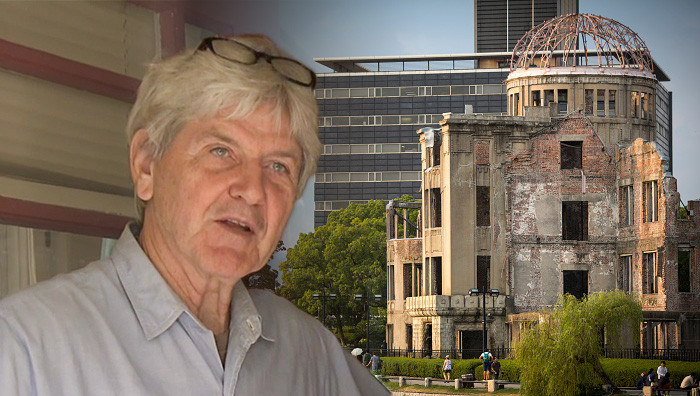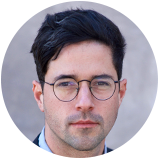Arousing public opinion is essential
The former chairperson of the Hiroshima Peace Culture Foundation, who is the only American to have served in that prestigious role, is worried that the ban, known formally as the Treaty on the Prohibition of Nuclear Weapons (TPNW), will receive its proverbial 15 minutes of fame before fading into irrelevance.
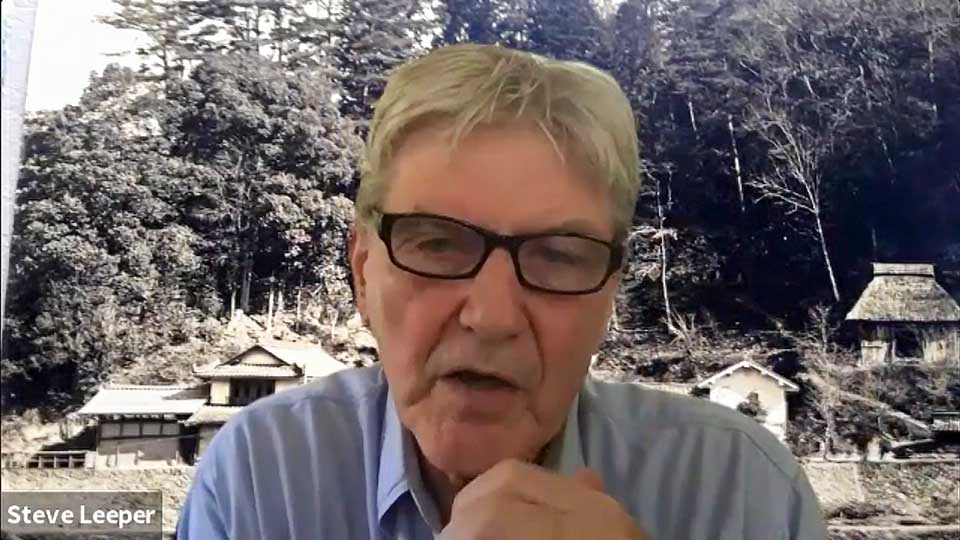
"The TPNW is a great thing, but it's not going to raise consciousness by itself," Leeper says. "There has to be professional help."
Leeper wants that assistance to come in the form of a well-coordinated, highly funded public relations campaign akin to the one led by Princess Diana in the 1990s that helped to stigmatize landmines and ultimately ban them as weapons of war.
"They had Princess Diana on the news every night for three years," Leeper recalls. "And [she] was the most popular person in the world at that time. She would appear with a child with a broken limb, an arm or a leg cut off, and she would talk about how bad landmines are. Gradually, everyone in the world came to hate landmines. We need to do that with nuclear weapons."
While Leeper doesn't have the same level of popularity as the late British princess, or the devotion of Western media that empowered her activism, he works on a smaller scale to achieve the same shifts in perception and attitude.
A-bomb testimony to the next generation
During a virtual presentation in October with students at Swarthmore College in Pennsylvania, Leeper described in detail the devastation experienced by the people of Hiroshima in the aftermath of the atomic bombing, making no effort to obscure the horrific nature of their injuries, both physical and mental.
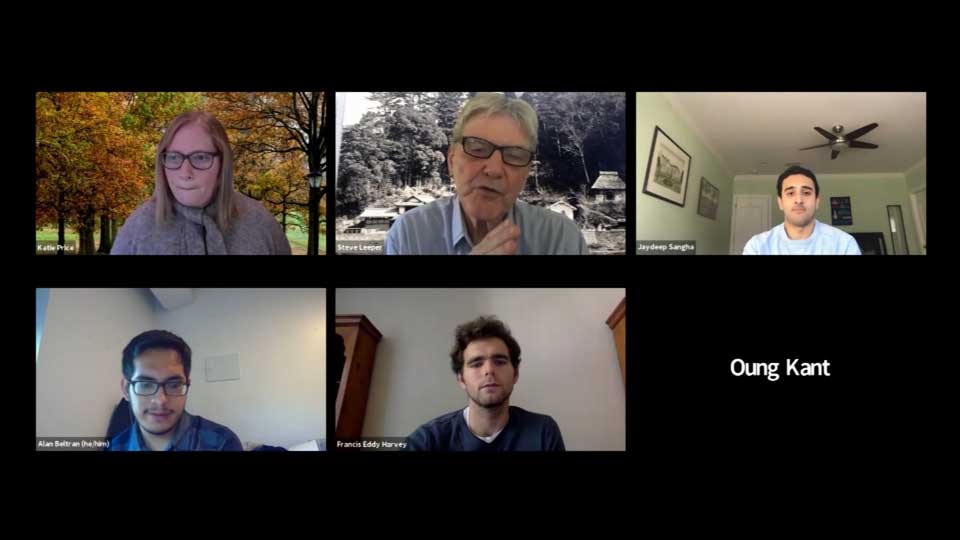
The effect on students is profound. "We often hear about the numbers, but we don't often hear the stories of the people behind those numbers," Swarthmore student Jaydeep Sangha said. "Just hearing that 150,000 people have died really doesn't capture the magnitude and the significance."
The need to move past war cultures
One of the ideas guiding Leeper's activism is the social transformation espoused by 20th-century Japanese ethicist Ichiro Moritaki, who spoke of moving on from nation states as warrior cultures led by military leaders to peace cultures, or cultures of love.
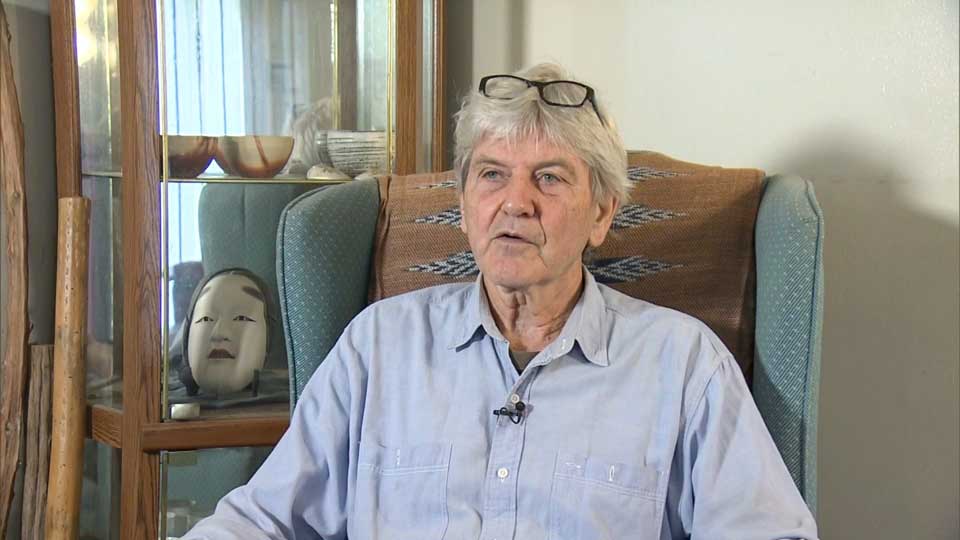
"We need to graduate from the war culture that we've been talking about for the last 75 years," Leeper says. "Fundamentally, the weapons are not the problem. The problem is the mindset, the psychology behind those weapons, the willingness to kill everyone on earth to protect your property and prestige. That mentality is lower than a gorilla's."
While the nuclear ban treaty, which is regarded as a nuisance by several of the world's most powerful nuclear states, may not result in such an ethical revolution, Leeper concedes that it is a step in the right direction — and a useful tool for agitating the calcified nuclear order. At the UN's upcoming major nuclear weapons review conference, which was postponed from 2020 due to the COVID-19 pandemic, the treaty may well prove to be a point of diplomatic leverage for its signatories. The backers say one goal is to stigmatize nuclear weapons, just as chemical and biological weapons have been deemed morally unacceptable by most nations.
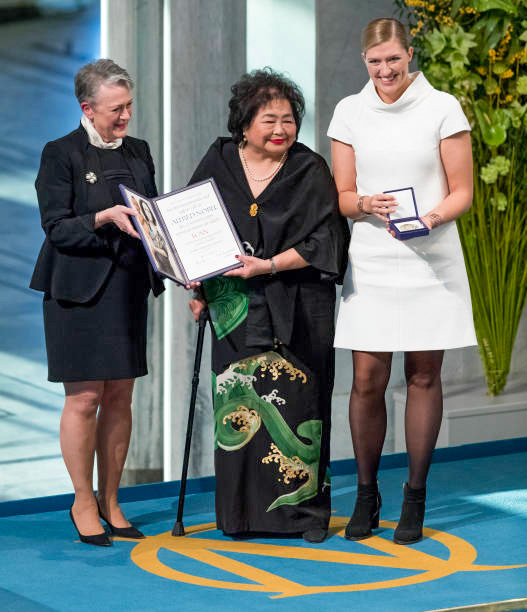
The nuclear treaty won its organizers a Nobel Peace Prize in 2017 — just as Princess Diana's landmine campaign did for its organizers two decades earlier. But supporters are hoping the similarities end there: Just as the world's great military powers never signed on to the Ottawa Treaty banning landmines, they're almost certain never to sign the TPNW.
